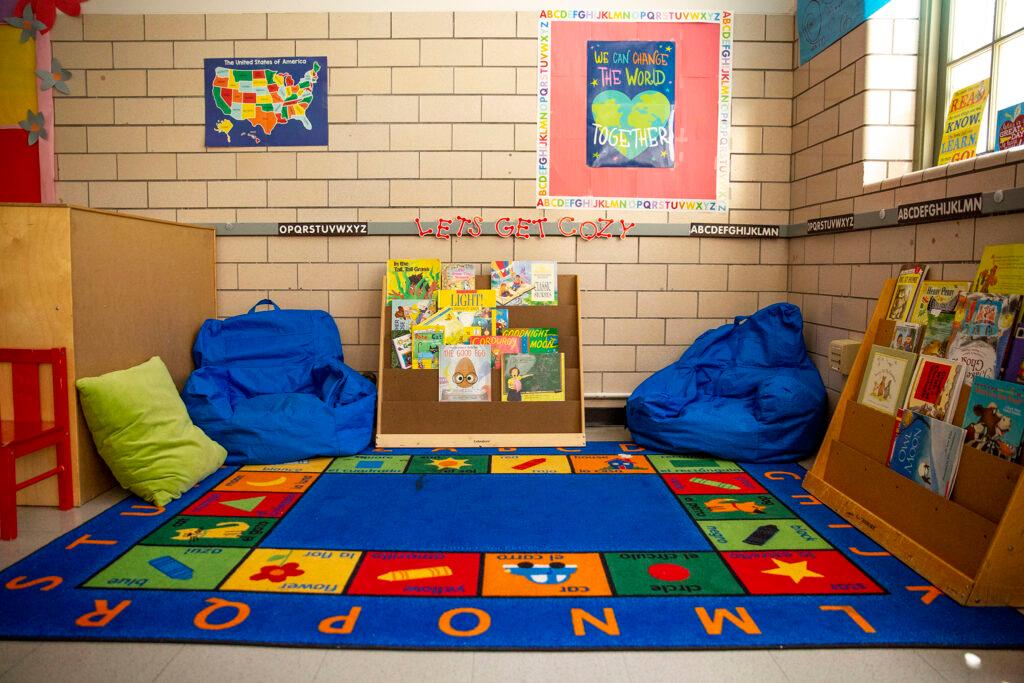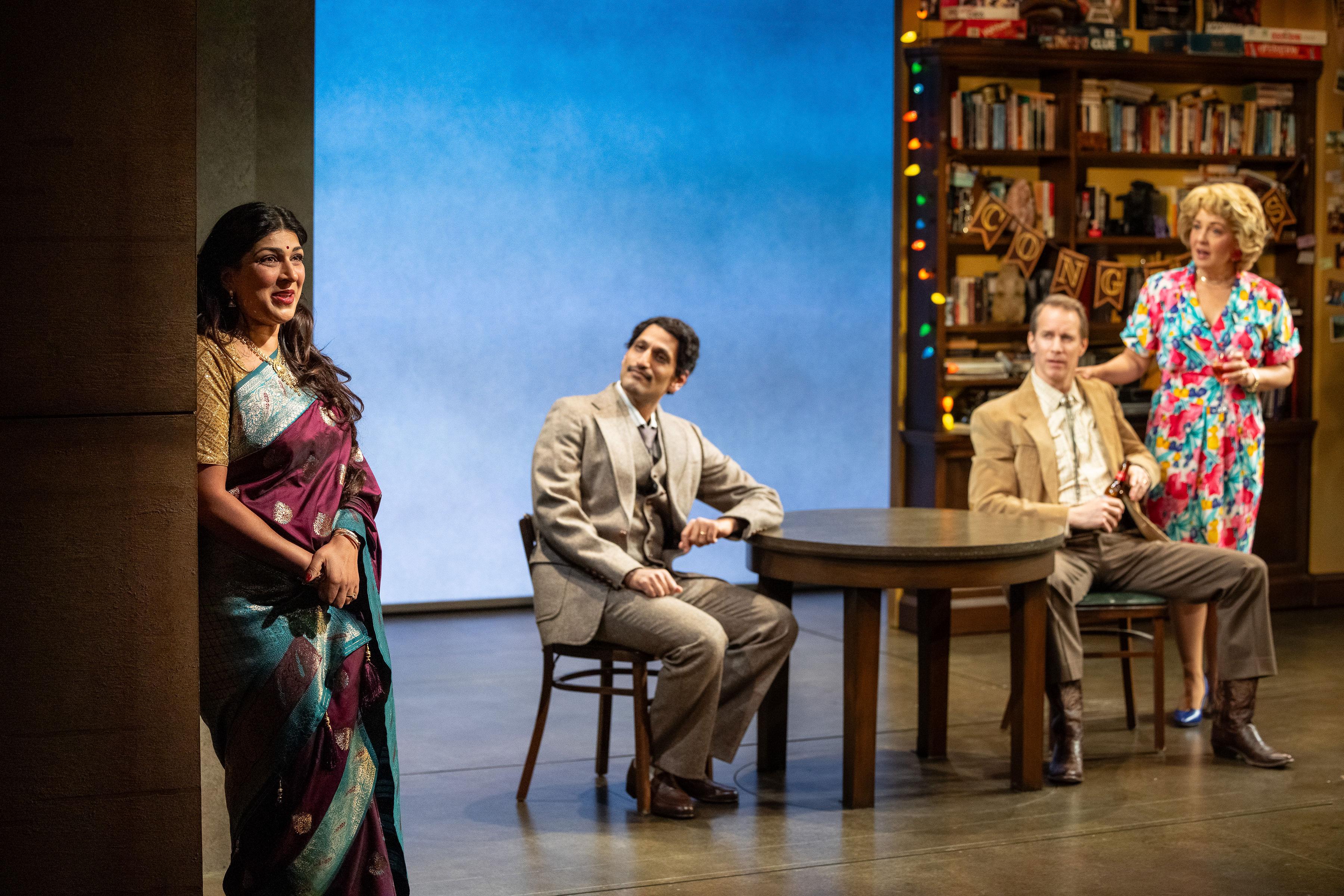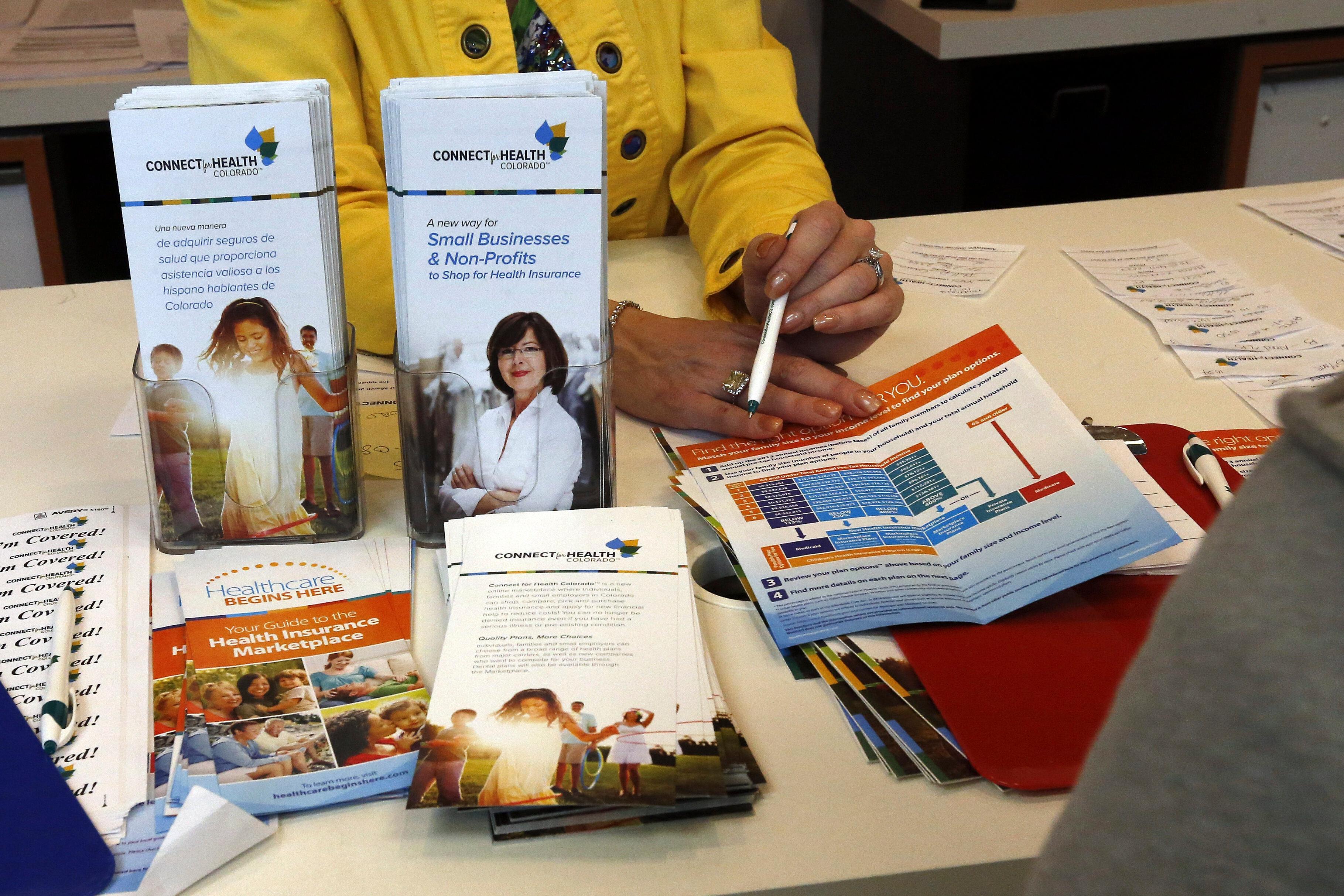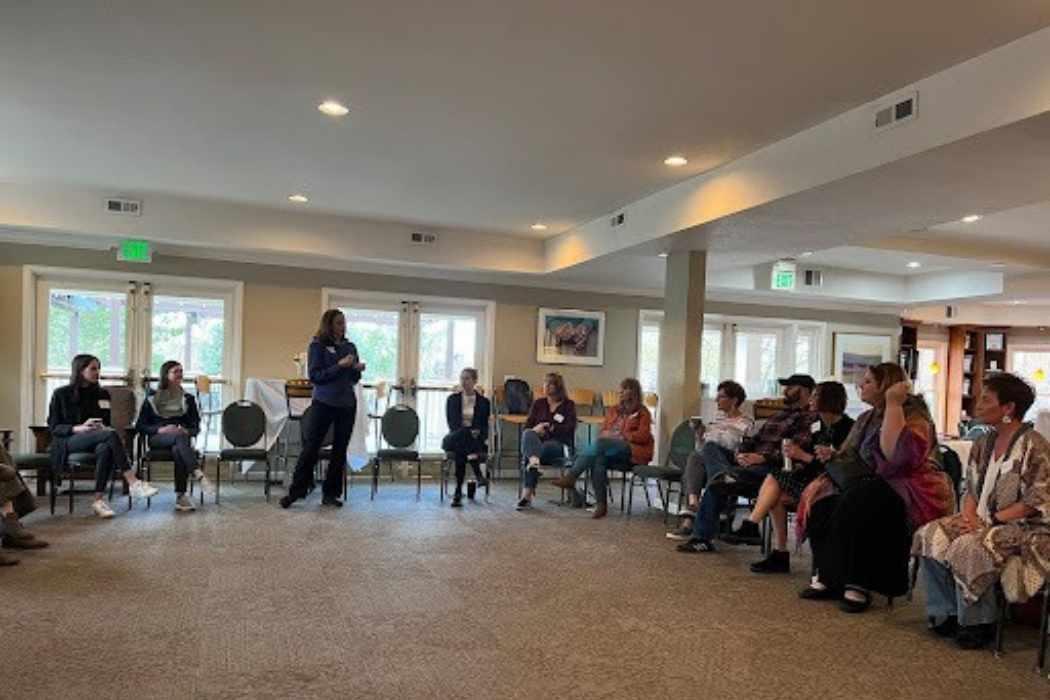
The adage that nothing is certain in life but death and taxes omits something that is nearly unavoidable: loss. And with loss, comes grief.
“Grief really is a universal experience,” said Jenn Flaum, executive director of the HeartLight Center, a Colorado nonprofit that provides grief support and education.
Grief afflicts people at every age, but the longer you live, the more likely you will find yourself facing this powerful emotion. Indeed, many older people can feel under siege.
“We've had to move homes, we're losing our mobility, we're worried about our health, perhaps we experienced a few losses of family and friends,” said Flaum. “It can feel compounding, all of the losses that we are experiencing.”
Flaum spoke to Colorado Matters host Chandra Thomas Whitfield about grief, and how to navigate it, as part of our ongoing series Aging Matters, which addresses issues related to Colorado’s fastest-growing population of people 65 and older. Here are takeaways from that conversation:
Flaum’s comments have been edited lightly for clarity and length.
Grief turns your world upside down, even when the loss was expected. That’s normal
Especially as we age, it's very common to lose our spouse. And so when we've lost a spouse, our entire world is totally different, sometimes overnight, even for a loss that's anticipated. One day you have your person, and the next day you wake up and they're not here physically anymore.
Our routines, how we eat, who we prepare meals for- if we've been a caregiver for an extended period of time- all of a sudden we don't have that person to care for anymore.
And then we can question our identity. ‘Who am I without this person?’ Our social circles can change: if you've been used to going to dinner as couples, all of a sudden it's just you.
Really it's about providing ourselves with this grace to say, ‘my whole world just changed.’
“Crying at the spaghetti in the grocery store moments:” grief comes in waves
You're just going to the store, and then all of a sudden you burst into tears.
Often we hear people say, I wish this didn't happen, or that this ‘grief burst’ was so surprising. And I think offering ourselves compassion and grace when those things happen, feeling those emotions, experiencing those memories, is so important because it is so normal.
Some first steps for the grieving
I think the first thing that I would like to tell anybody who's grieving right now is whatever's happening, honor that for yourself. This isn't something that we fix. We don't feel better overnight, and that's okay.
Make sure that your basic needs are met. Are we drinking enough water? Are we eating? Find small snacks throughout the day. We have to take care of our physical bodies. Sleep can be difficult for people, so even if you can't fall asleep, allow your body a chance just to rest.
Grieve in your own way
Some of us are more “instrumental grievers,” where we like to do things. And we process grief more cognitively. Others of us are more “intuitive grievers;” we're feeling through what is happening, and so need more space to be with our emotions, whether that be through journaling or being more expressive with family and friends. Typically intuitive grievers are more externally expressive with their feelings and emotions.
It's okay to be a doer and need to paint the house, and do the tasks, and run the errands. It's also okay to be the feeler, and think and journal and process and pray, or lean into a deeper meaning.
And then a combination thereof is probably the most healthy - where we are able to balance.
Ask for help
Find the people who you can reach out to for logistical help. “Hey, I need you to bring me dinner tonight. Hey, I need you to help me clean this portion of the house.”
And then also find the people that we can lean on for emotional support. “I just want to talk tonight. I want to remember who I've lost.” So finding those support systems can be really, really helpful.
Grief can impact your physical health, so tell your doctor
We often advise that when we've experienced a loss, not to dismiss any physical sensations or changes that we're experiencing, but to include our healthcare providers. And also let them know that we've experienced this loss because it can complicate what's happening in our bodies.
Support groups and grief counselors can be very helpful
It can be really fulfilling to find others who have had that same shared experience. And so coming to a grief support group, being in community with people who might feel like complete strangers when you walk in the door, but share one of the most intimate and vulnerable experiences that humans can share - all of a sudden you look across the room and you feel so connected with people just by nature of having this shared human experience.
I recommend a counselor when people are having difficulty coping with their day-to-day, or it's disrupting their day-to-day. The other time that a therapist or counselor individually can be really helpful is if somebody is experiencing recurring thoughts, or traumatic events around that death.
And then oftentimes people find it's helpful to have both.
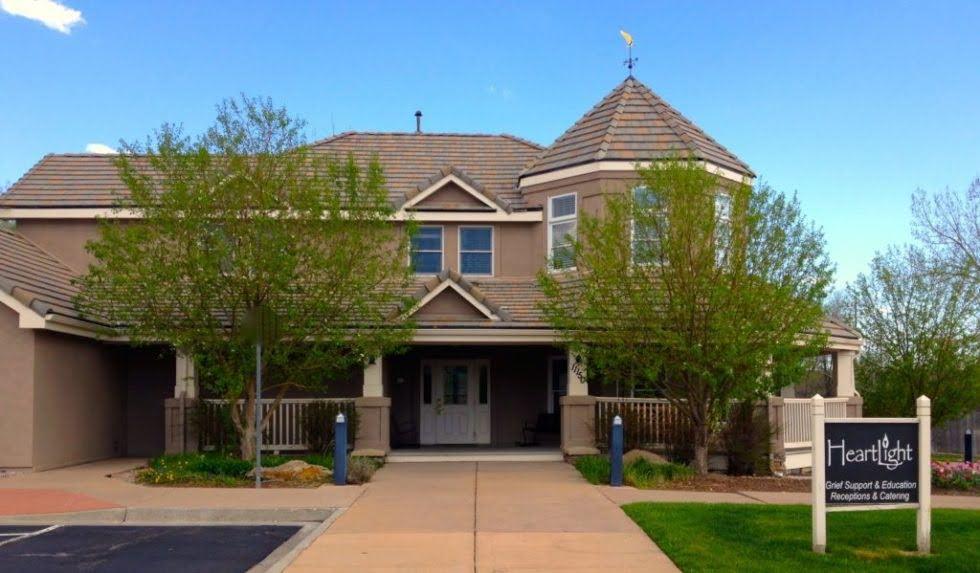
When is it time to worry about a prolonged reaction to grief?
When grief starts to impact our day-to-day living long after three months or even six months, and where we're seeing negative impacts of that - so, significant weight loss, significant sleep disturbances that aren't resolving with time and intention, or probably most apparent, if somebody is having destructive behaviors - that's when we would really want to integrate more mental health treatment with a therapist or a counselor or a team.
To help a friend of family member who is grieving, think about what you’re good at
You can help in a way that's comfortable for you.
If somebody's needing help with those logistics: ‘hey, can I help with the ride? Can I help mow the lawn? I'm going to the grocery store; what can I bring for you?’
If you are more of the ‘feeler’ person: setting up time and space, sending the message, ‘just thinking about you today, would you like to go for a walk and talk about the person that you've lost?’
Using that person's name can be exceptionally powerful. We don't make people sad. People already are sad. So bringing up a loss and inviting people to share can be really, really helpful and really, really meaningful.
There is hope that you will feel better
When we're just in deep emotional pain, it can feel like we will never feel hungry again. We will never sleep well again. We will never want to go out of the house again or laugh. And those feelings can return, and they will.
It's a combination of time and intention.
There are many resources for people grieving in Colorado. Here are a few:
- Colorado 2-1-1
- HeartLight Center, Denver metro area
- The Denver Hospice
- Colorado Visiting Nurse Association
TRU Community Care, Boulder (formerly Boulder Hospice) - Pathways, Greeley
- Northwest Colorado Health, Steamboat Springs
- GriefShare, online and in-person, Christian-based
- Judi's House, Denver
- Intermountain Health Hospice, Wheat Ridge
- Grief Circle at Juniper Goods, Longmont
- Pathfinders for You, Glenwood Springs and Roaring Fork Valley
| This story is a part of Aging Matters, a series from Colorado Matters about the Centennial State's aging population. Read more stories here. |


